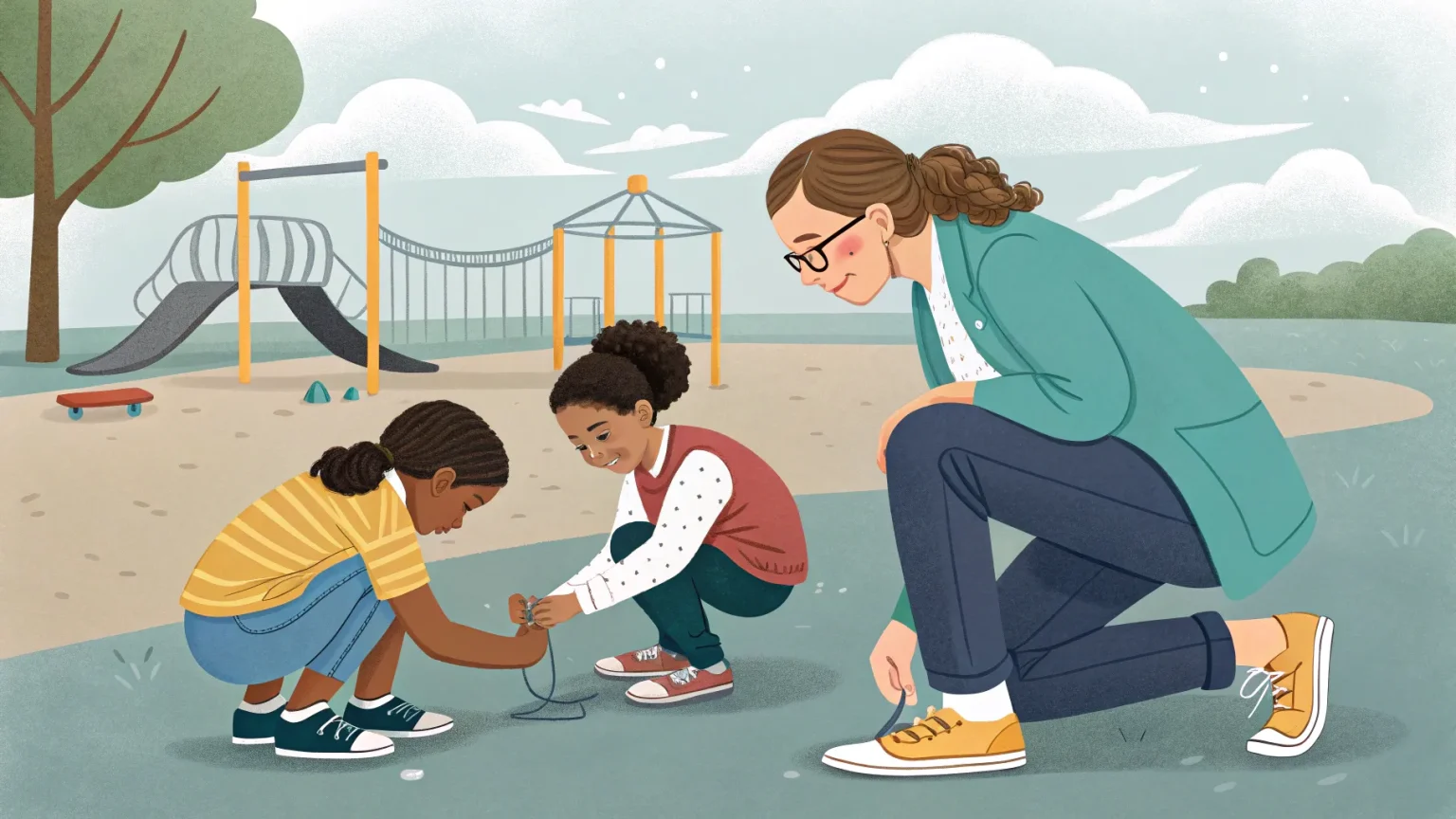Accountability is one of the most powerful character traits we can develop in young people. In my years of coaching executives and entrepreneurs, I’ve seen how this fundamental quality separates exceptional leaders from average ones. But I’ve found that instilling accountability in children requires a different approach—one focused on the small, daily actions that build character over time.
When I work with young people, I emphasize that accountability isn’t just about meeting big goals or handling major responsibilities. It’s about the little things they do every day that demonstrate respect and gratitude. These seemingly minor actions form the foundation of who they’ll become as adults.
Redefining Accountability for Young Minds
I believe we often overcomplicate accountability when talking to children. In my coaching sessions, I’ve discovered that kids respond best when we break down this concept into tangible, everyday actions they can understand and practice.
To me, accountability means holding yourself to high standards, but it’s equally about not taking small daily actions for granted. These include:
- Hugging your mom or kissing her goodnight
- Using respectful language like “yes ma’am” or “no sir”
- Opening doors for others
- Saying “thank you” to parents and other adults
When I put accountability in this perspective, children begin to understand its true meaning. They see how their small choices reflect their character and impact those around them.
Why Small Acts Matter
The beauty of focusing on these small acts of respect and kindness is that they’re achievable for children of all ages. Unlike abstract concepts that may feel overwhelming, these concrete actions give kids immediate opportunities to practice accountability.
I’ve watched young people transform when they realize accountability isn’t some distant, adult concept but something they can demonstrate right now, today, through how they treat their parents and others around them.
Whether it’s hug your mom or kiss your mom goodnight… when you put that in perspective to them, then they start to understand and they see it.
This approach has been remarkably effective. When children connect accountability to relationships they value—like those with their parents—the concept becomes meaningful rather than just another rule to follow.
Building Habits That Last
The small acts of respect I encourage aren’t just about being polite. They’re about developing habits that will serve these young people throughout their lives. The child who learns to say “thank you” to their mother will become the adult who expresses gratitude to colleagues. The young person who opens doors for others will grow into a leader who looks for ways to serve their team.
What I’ve found most encouraging is how quickly children adopt these behaviors when they understand the why behind them. They’re not just following instructions; they’re beginning to internalize values that will guide their decisions long after they’ve left my coaching.
The results speak for themselves. Parents report more respectful interactions at home. Teachers notice improved classroom behavior. And the young people themselves develop greater confidence as they experience the positive reactions their considerate actions generate.
From Small Actions to Big Responsibility
As these young people grow, the foundation of accountability built through small daily actions prepares them for bigger responsibilities. The teenager who has practiced accountability through consistent respect at home is better equipped to handle school assignments, sports commitments, and eventually, workplace responsibilities.
My approach focuses on three key elements:
- Consistency – Practicing respectful behaviors daily, not just when it’s convenient
- Awareness – Helping young people notice opportunities to demonstrate accountability
- Recognition – Acknowledging when they successfully demonstrate these values
This framework helps children internalize accountability rather than viewing it as an external demand.
The most rewarding aspect of my work is seeing the ripple effect these small acts create. When one child begins practicing these behaviors, their peers often follow. A culture of accountability and respect can transform an entire team, classroom, or family.
If we want to raise a generation of accountable leaders, we must start with the basics. By focusing on small, daily acts of respect and gratitude, we give young people concrete ways to practice the values that will shape their character for years to come. And based on my experience, this approach works—it’s been successful so far, and I’m confident it will continue to produce young people who understand what true accountability means.







